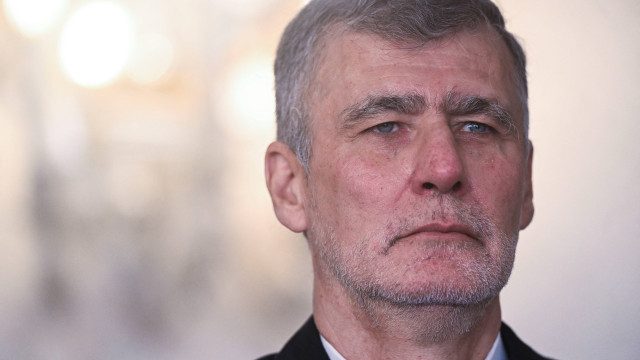
Following the dissolution of the Foreigners and Borders Service (SEF) in 2023, certain responsibilities have been transferred to the Public Security Police (PSP), including operations of deportation, readmission, and return of individuals in irregular situations, originally assigned to the Agency for Integration, Migration and Asylum (AIMA).
The objective, as outlined by the PSP in a statement, is for the UNEF to function with approximately 2,000 people in the medium term, comprising “police officers, specialized technicians, service providers, and volunteers from civil society and non-governmental organizations.”
This staffing increase is due not only to the new responsibilities but also to the implementation of a new entry-exit system starting October 12, 2025, and the European Pact on Migration and Asylum coming into effect next year.
In addition to handling deportation and return processes previously managed by AIMA, the UNEF will also consolidate the functions of air border surveillance, inspection, and control, previously under the PSP’s jurisdiction.
Moreover, UNEF will initiate administrative offense proceedings under the legal framework for the entry, stay, exit, and removal of foreigners from the national territory.
The plan is for the current airport security and border control divisions of the PSP, established following SEF’s dissolution and located at Lisbon, Porto, Faro, Azores, and Madeira airports, to be integrated into UNEF.
However, this transfer is not immediate, requiring an official dispatch, and it will be a “gradual and phased process to ensure a resilient transition, coordination with existing PSP units, and incorporation of lessons learned from PSP’s exercise of these functions since November 2023,” the PSP explained.
Paulo Santos, a union leader from the Police Professionals’ Union (ASPP), expressed concerns to Lusa about ongoing staffing shortages within the force and reservations regarding the new unit, highlighting “additional burden on the police officers.”
“The PSP will inherit thousands of coercive deportation cases and administrative offense procedures, which are highly scrutinized, extremely contentious, and have been a headache for all agencies that previously managed them, placing the PSP once again in the spotlight,” he added.
This new unit emerged from a government proposal, which underwent some amendments requested by Chega, including an unsuccessful attempt to rename the unit.
The government’s proposal was approved in the Assembly of the Republic in July with support from PSD, Chega, IL, and CDS, abstentions from PS and JPP, and opposition from the remaining left-wing parties.




